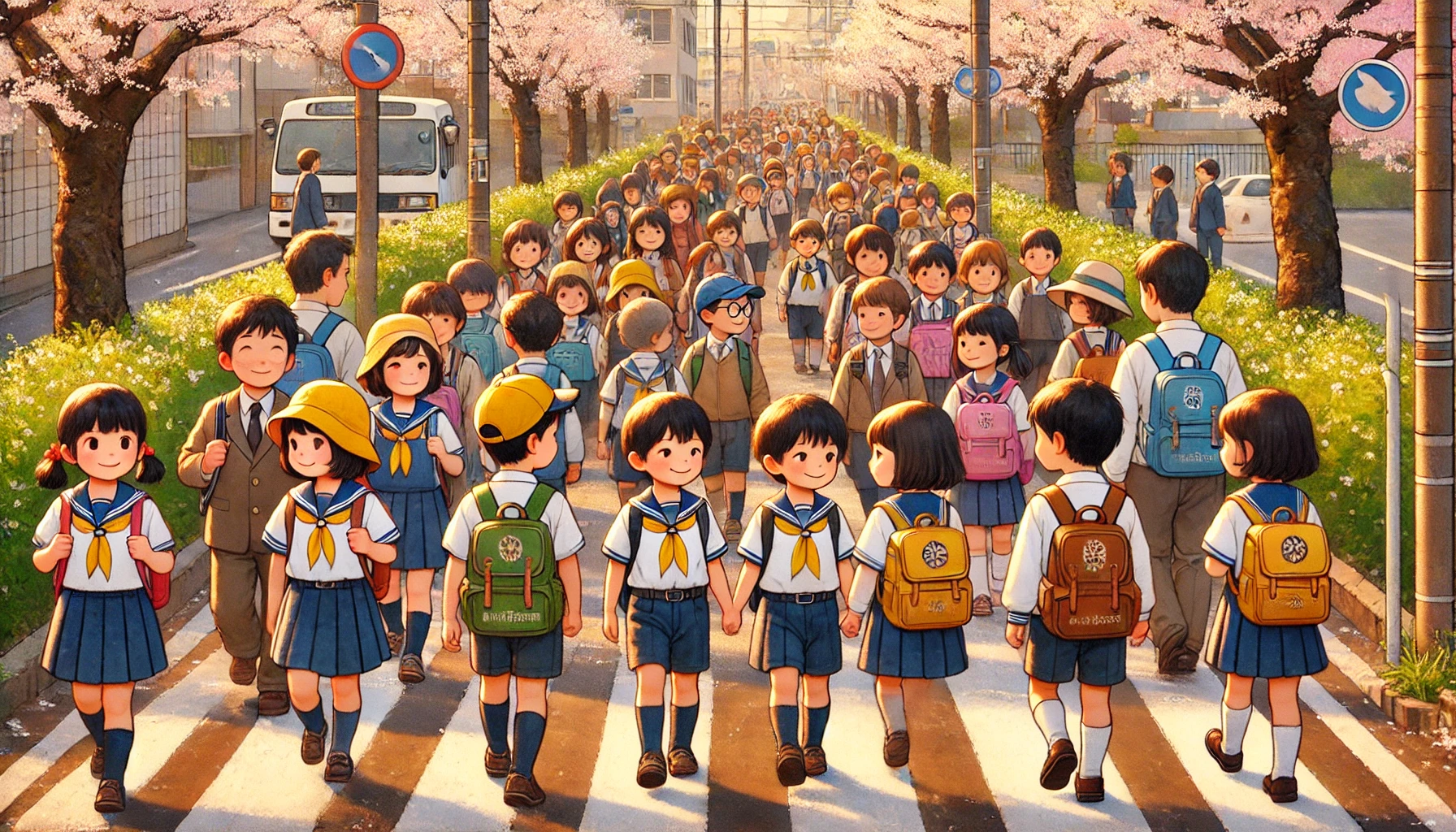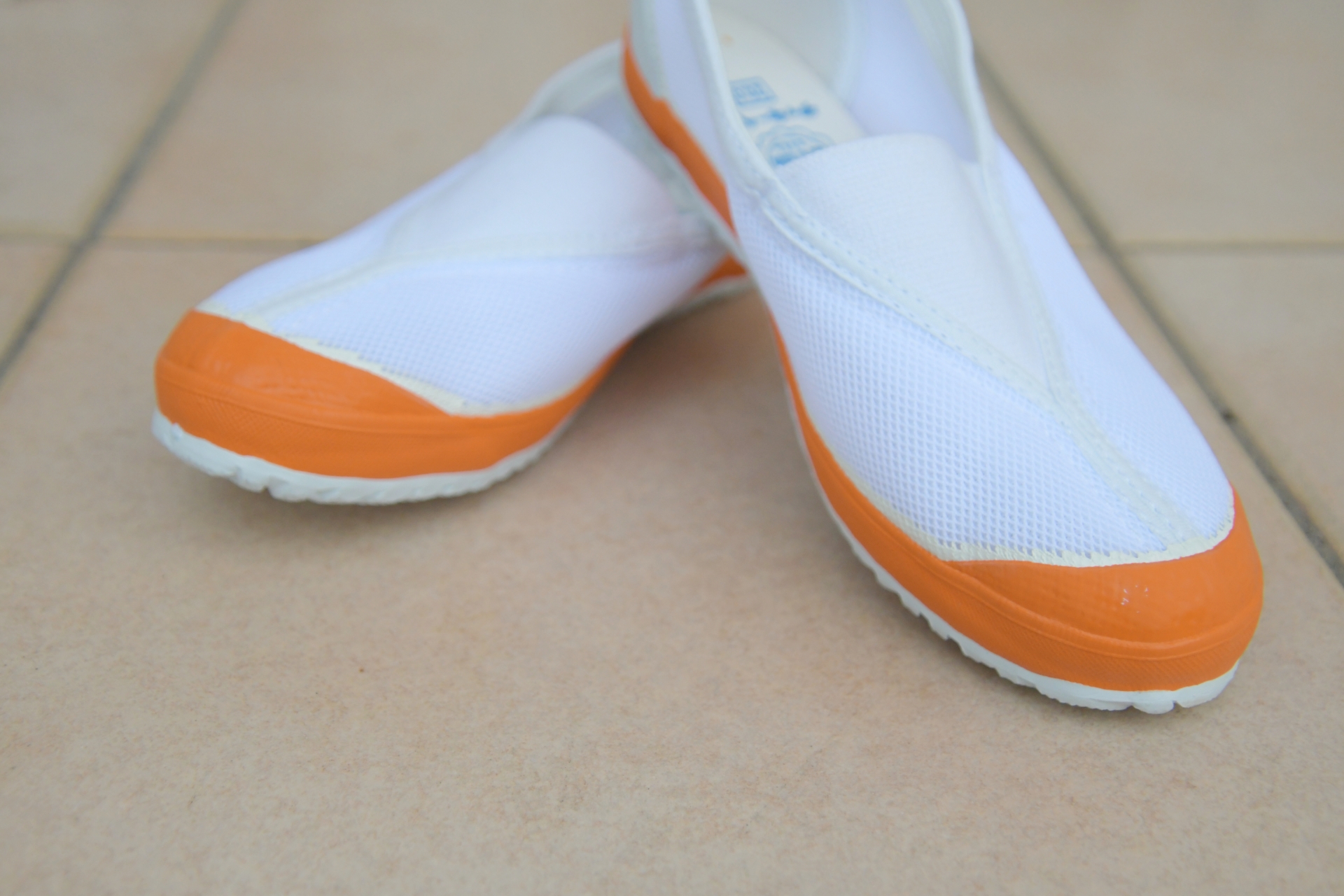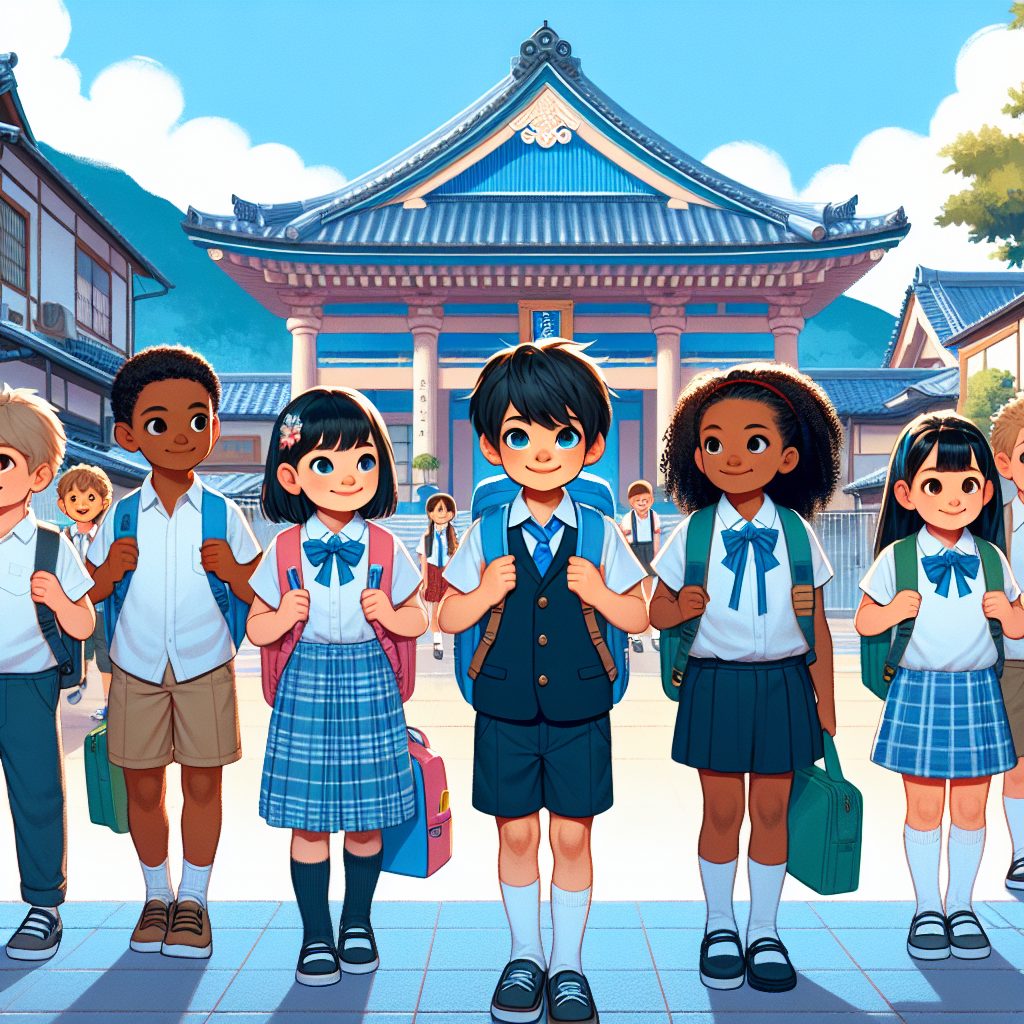Introduction
Thinking about expanding your business to come to Japan and bringing your family along? Before you dive into sushi, take a look at this blog.
Deciding to move with your kids raises a whole menu of questions: How will they fare in Japanese schools? Will they pick up the language faster than you can say “konnichiwa”? What about their school lunches—will they miss pizza or embrace curry? And let’s not forget the costs. Fear not! I have tackled these queries myself and with friends from around the globe, and I have got answers to help you plan the Japanese education system without turning into any tension.
Let’s tackle some of the concerns with a side of humor!
The Academic Sushi Roll: An Overview of Japanese Schools
Japanese schools are like the academic equivalent of a perfectly balanced sushi roll—high standards, lots of discipline, and a curriculum that covers everything from math to calligraphy. It might take a bit of getting used to, like learning to use chopsticks with your hand, but Japanese schools are friendly to help international students adjust smoothly.
Kids, on the other hand, are language-learning superheroes. They will pick up Japanese faster than you can expect.
And let’s talk about meals—Japanese schools serve food that is so nutritious, your kids might actually ask for seconds of veggies!
School Choices: Public, Private, and International
You have got choices for schooling: Japanese public schools (which are budget-friendly) and private or international schools (which are pricier but often come with cool extras). Plus, a friend of mine from India just launched an international school that’s high-quality and cost-effective. So, you have got plenty of options to keep your kids happy, healthy, and learning in Japan.
Fun and Unique Aspects of Japanese Education

・Self-Discipline
Japanese students are masters of self-discipline, and not just because they’ve got the coolest stationery. It’s their daily mission—kind of like a group project where everyone’s job is to make the school sparkle.
I often watch from my balcony as the kids march to and from school in perfect lines, like a parade of tiny, organized soldiers. It’s impressive how the goal is to keep the classroom really clean and work together as a team.
・Cleaning (Souji)
In Japan, students do a daily clean-up called souji, which is like a massive team task. Every day, students work together to clean classrooms, sweep hallways, and handle all kinds of messes. It’s their way of showing responsibility and teamwork, like a big clean-up party! This helps them learn to keep things clean, build a strong work ethic, and feel connected to their school.
・Uwabaki: Special Indoor Shoes

Students sport special indoor shoes called uwabaki inside the school to keep things clean. It’s like having your own pair of “school slippers” that you switch into as soon as you walk in. Before heading out, they switch back to their outdoor shoes, making sure no mud or mess from outside gets into their classrooms. It’s a fun way of keeping the school clean and teaching kids that neatness is a big deal!
・Randoseru: The Iconic Backpack
In Japan, almost every elementary student sports a special backpack called a randoseru. It’s been a Japanese childhood must-have for nearly 150 years! While no one forces kids to use these sturdy, old-school backpacks, most families do because it’s a big deal culturally. These backpacks are built to last all six years of elementary school and are a bit like a rite of passage. With their tough design and adjustable straps, the randoseru is not just a practical bag but also a symbol of growing up and diving into the world of formal education.
Conclusion
So, if you’re moving to Japan with your kids, they will not only study various subjects but also dive into unique traditions like daily clean-ups, wearing special indoor shoes, and carrying the iconic bag. These customs teach responsibility and tradition, offering a blend of history and modernity that will help your children thrive and have a few laughs along the way!
And also, I&D provides lead generation services based on our experience with more than 4,000 projects.
Please feel free to contact us for more information.


